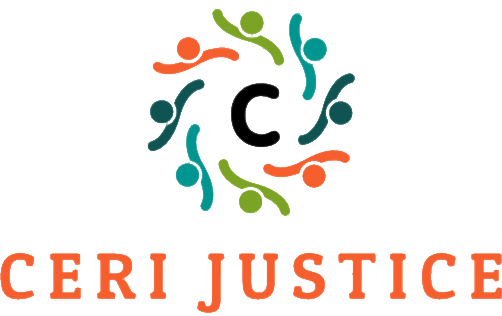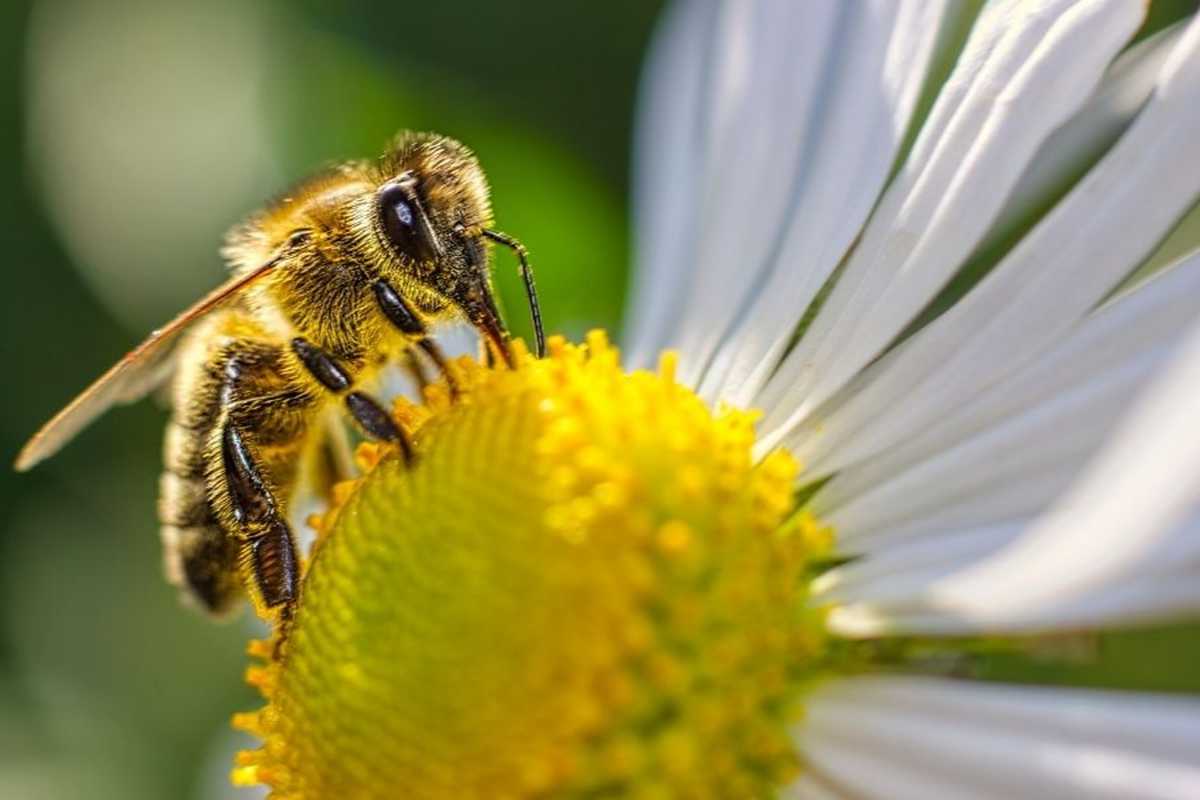Biodiversity is a crucial indicator of environmental health. Among the myriad creatures that contribute to this diversity, insects, particularly pollinators like bees, along with numerous other beneficial insects, play vital roles that sustain natural systems and support human agriculture. Understanding and promoting the health and diversity of these insects is essential not just for natural ecosystems but also for agricultural and urban areas.
The Importance of Bees and Pollinators
Bees are perhaps the most well-known pollinators, and their contribution to the pollination of many types of crops—as well as wild plants—is invaluable. It is estimated that one-third of the food that humans consume each day relies on pollination, mainly by bees. This includes fruits, vegetables, and nuts, alongside commercial crops like canola and alfalfa which feed cattle and other livestock.
However, bees are facing unprecedented challenges due to habitat loss, climate change, pesticides, and diseases. The decline in bee populations worldwide has sounded alarms in the environmental and agricultural sectors, highlighting the need for concerted efforts to preserve and enhance their habitats.
Other Beneficial Insects
Beyond bees, a host of other insects contribute to pollination, pest control, and the breakdown of organic materials, fostering nutrient cycling in ecosystems. These include:
Butterflies and Moths: While their role in pollination is less efficient compared to bees, butterflies and moths contribute to the genetic diversity and reproductive success of flowering plants. Their caterpillars are important food sources for birds and other wildlife, linking the insect and animal food webs.
Beetles: Many beetles are scavengers, helping to decompose dead animals and fallen trees, thus recycling nutrients back into the soil. Others, like ladybugs, play a critical role in controlling pest populations, as they consume aphids, mites, and other insects that can damage plants.
Wasps: Though often viewed negatively due to their stings, wasps are significant predators of pest insects. Their role in natural biocontrol is invaluable in maintaining the health of many ecosystems.
Enhancing Insect Biodiversity
Promoting biodiversity involves creating environments where beneficial insects can thrive. Here are some strategies and practices that can be implemented:
Planting Native Flora: Establishing gardens or green spaces with native plants provides essential resources for pollinators and other beneficial insects. Native plants are particularly important because they co-evolved with the local insect populations and are often more effective at meeting their habitat needs.
Reducing Pesticide Use: Pesticides can have devastating effects on non-target insect populations. Reducing their use, or better yet, adopting integrated pest management (IPM) strategies can mitigate negative impacts on beneficial insects.
Creating Habitats: Features such as logs, leaf piles, and undisturbed ground can provide nesting sites and winter shelters for various insects. Constructing insect hotels or leaving patches of bare soil can help solitary bees and other insects thrive.
Supporting Organic Farms: Organic farms often employ practices that are more beneficial to maintaining insect populations. Supporting these farms by buying organic can indirectly contribute to insect biodiversity.
Educating and Advocating: Awareness is key to change. Educating communities and policymakers about the importance of insect biodiversity can lead to improved conservation strategies and urban planning that consider the needs of these critical species.
Educational Outreach and Community Involvement
Community science projects like tracking butterfly migrations, bee counts, or participating in local bio-blitzes can engage the public and provide valuable data for conservation efforts. Schools and community groups can contribute significantly by incorporating biodiversity themes into their curricula and activities, fostering a connection with nature and an understanding of the ecological roles of insects.
The Broader Impact
The conservation of beneficial insects extends beyond protecting these creatures alone; it influences the broader ecological networks and the health of our planet. Insects are fundamental to the functioning of ecosystems by pollinating plants, recycling nutrients, and serving as food for other wildlife. Their decline would not only lead to a collapse of these systems but also drastically affect agriculture, thus impacting food security and economies.
In conclusion, fostering a healthy population of beneficial insects through conservation and sustainable practices is a critical step towards sustaining biodiversity. By learning more about bees and other beneficial insects, and implementing practices that support their survival, communities around the world can contribute to a healthier planet teeming with life. The future of our ecosystems depends on these small but mighty creatures, and it is our responsibility to ensure they continue to buzz, flutter, and crawl for generations to come.




